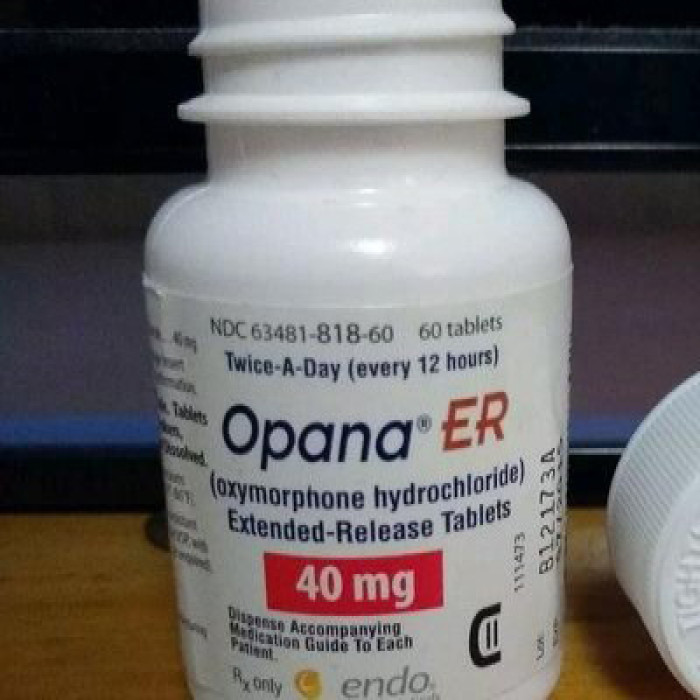
Opana ER (oxymorphone hydrochloride) is a prescription medication used to treat moderate to severe pain.
Opana ER is an opioid medication, which means it works by binding to opioid receptors in the body and brain to decrease the perception of pain. It also has effects on other body systems, including the respiratory and cardiovascular systems, which can lead to some of the potential side effects of the drug.
Some common side effects of Opana ER may include: nausea, vomiting, constipation, dizziness, drowsiness, and dry mouth. Less common side effects may include: hallucinations, confusion, agitation, mood changes, and difficulty urinating.
Opana ER can also cause serious side effects, including respiratory depression, which can be life-threatening. Other serious side effects may include: low blood pressure, which can cause fainting or falls; addiction, abuse, and misuse; and overdose, which can be fatal.
Opana ER is not for everyone. It should not be used by people who are allergic to oxymorphone or any of the other ingredients in the medication. It should also be used with caution in people who have liver or kidney problems, or who have a history of substance abuse or addiction.
Opana ER should be taken exactly as prescribed by a healthcare provider. It should not be taken more often or in larger amounts than directed. It should be taken with food to help reduce the risk of stomach upset. If a dose is missed, it should be taken as soon as possible, unless it is almost time for the next dose. In that case, the missed dose should be skipped and the next dose should be taken at the regular time.
Opana ER can cause drowsiness and impair mental and physical abilities, so it is important to avoid activities that require mental alertness, such as driving or operating heavy machinery, until the effects of the drug are known. Alcohol and other CNS depressants can increase the sedative effects of Opana ER, so they should be avoided while taking the medication.


